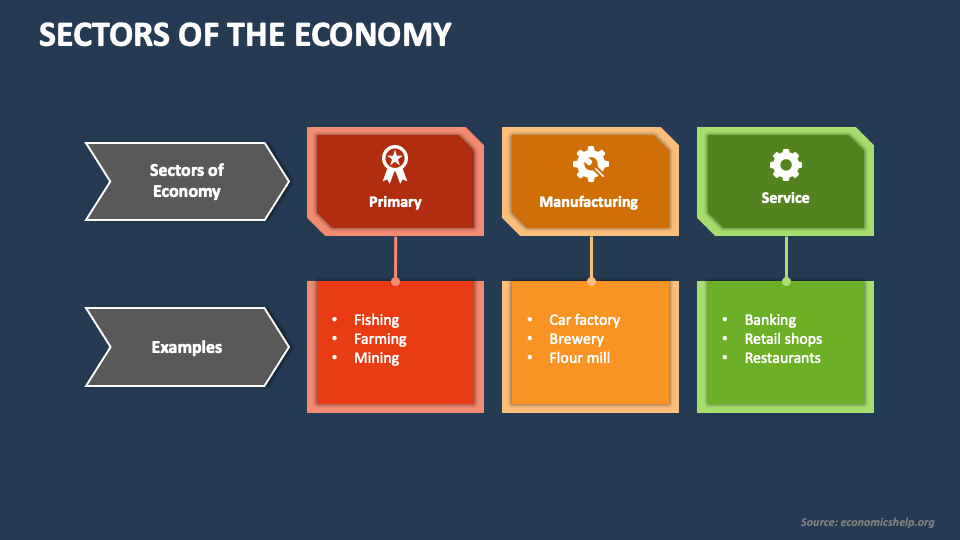Editorial
The alarming size of Pakistan’s informal sector, a persistent concern for policymakers, is not just a ticking time bomb, but a full-blown crisis. It represents a significant number of businesses and individuals operating outside the tax net, potentially leading to substantial tax revenue losses for the national exchequer. A recent joint study by the Small and Medium Enterprises Development Authority and the International Labor Organization has revealed shocking evidence of the ongoing expansion of the informal economy, further underscoring the gravity of the situation.
The study projects the total size of Pakistan’s informal sector to be a staggering $457 billion, contrasting sharply with the formal economy’s value of $340 billion in 2023. This indicates that the informal sector exceeds the formal sector by nearly 64 per cent, a significant economic disparity. However, this also presents a unique opportunity for economic growth. With a significant portion of the country’s small and medium-sized enterprises and 72.5 per cent of the labour force operating in the informal economy, urgent measures are required to integrate these entities and their employees into the documented economy for the sake of the country’s economic stability and growth.
Analysis of the factors contributing to the expansion of the informal sector points to the complex tax structure, primarily reliant on indirect taxation, as a major driver of this phenomenon. The current tax system, which focuses on taxing transactions rather than incomes and assets, imposes a burden on small businesses, making compliance with multiple tax rates and documentation requirements a challenging endeavour. Additionally, the cumbersome administrative procedures and the costly process of registering businesses have made formal sector operations prohibitively expensive, hindering entrepreneurial growth and further fueling the informal economy’s expansion.
Addressing this issue requires not just the efforts of the government, but also the collaboration of economists, policymakers, and the business community. Simplifying regulations governing formal sector business operations and overhauling the prevailing tax architecture are crucial steps. Policymakers must prioritize streamlining the tax system and eliminating the reliance on indirect taxation, which is favoured for its ease of administration. It is essential for governmental bodies to shift from pressuring businesses to facilitating their compliance with regulations. Reforms in the tax architecture and regulatory compliance processes are crucial to harness the potential tax revenue that could be generated by integrating the country’s entrepreneurs and SME sector into the documented economy.
Given the country’s diminishing fiscal space, a term used to describe the limited capacity of the government to borrow, the government must recognize the urgency of reforming the tax system and simplifying regulatory compliance. These reforms are essential to unleash the considerable economic potential that has long been constrained by operating within the informal economy.

















































